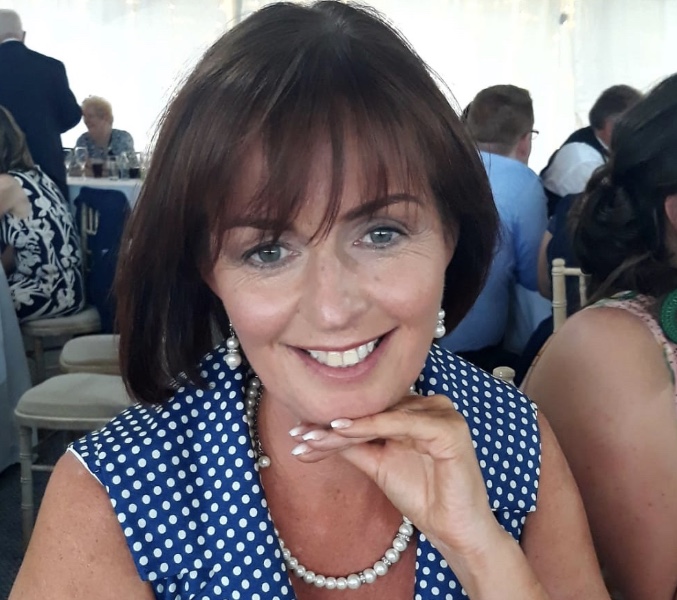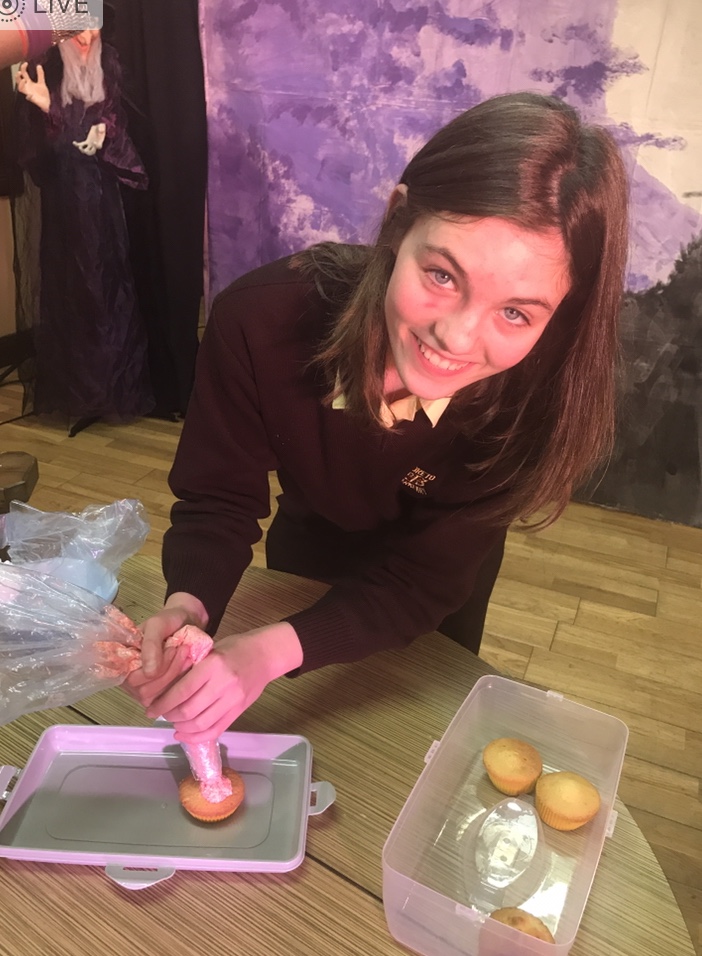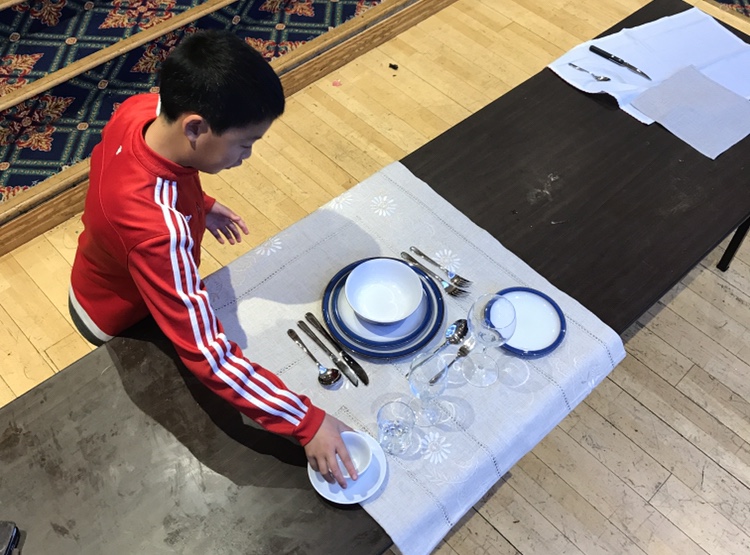Donegal students will have an average of 10 to 12 jobs by the time they are 38 years old, according to IBEC (the Irish Business Employers Confederation).
IBEC – Ireland’s largest business lobbying group also says that the jobs that will be filled by current school-goers have yet to be created.
Karen Gallinagh Murphy of the Karen Murphy School of Speech, Drama and Communications in Letterkenny says that it’s vital those coming through the education system give themselves every chance of securing one of those jobs when they finish their education.
“While there is no doubt that today’s students have never been better qualified or better educated, the biggest challenge facing graduates is making sure they have the right aptitude and attitude for work once they come out of college. And the earlier they can work on the key skills of communication, the better their chances are of making the cut,” Karen says.
“At the Karen Murphy School of Speech, Drama and Communications, we believe we have the perfect course to give second level students the best chance possible of fulfilling their potential when it comes to the Classroom-Based Assessments (CBAs) which are becoming an increasingly important part of the syllabus,” she adds.
Classroom-Based Assessments can be presented in written, digital, visual or audio formats and may be supported in these formats through the use of interview or presentation.
Looking ahead to the new school year, Karen Gallinagh Murphy said that learning the key skills in communication is such an important stage in the development of second level students as they work towards their Junior and Leaving Certificate.
Karen said: “One of the highlights for us this year was an evening with our second year speech and drama students who burst into class full of excitement with their CBAs complete, and who all used a variety of the material we had already prepared in class.
“Over the past three years, and in light of the new oral component in the Junior Certificate, we have introduced creative ways to enjoy and perfect this skill.”
Students can approach the oral communication in classroom based assessment on a variety of different ways as per these categories from Department of Education.
- Performance: The student may participate is a scripted or improvised performance including solo drama or as part of a team.
- Presentation: The student may speak with or without notes and or a reading from a prepared script.
- Interview: The student may respond to questions asked by the teacher and or other students (the student may assume the role of interviewer as well as respondent in a dialogue setting.
- Respond to stimulus material: Stimulus material – visual, written text, aural text may be used to promote, prompt or guide oral communication. Students are given an opportunity to choose topics or issues that are of interest or importance to them to carry out an exploration over time.
Karen added: “There is an abundance of variety and opportunities, and we at Karen Murphy School of Speech, Drama and Communications have embraced this new curriculum and linked it seamlessly to our curriculum in class. Outside of school curriculum we introduced storyboarding in 2016. Several students had the opportunity to use these props, not only for CBAs, but also for interview purposes for teaching colleges, and storytelling in commercial settings, gaining employment.
“In 2017 we asked each senior student to prepare “A Process”. We linked this to a video and produced many interesting video blogs or video logs (vlogs or vlogging). Students prepared the video content prior to their performance and we enjoyed such diversity in their video presentations from ‘how to play golf’, ‘silver service’, ‘make- up application’, to ‘how to wrap a present correctly’. The list of ideas is endless,” she said.
Most of the classes at the Karen Murphy School of Speech, Drama and Communications are now fully booked for the coming terms 2018/19.
“However we do have some exceptions. If you feel you have a specific need please do follow through with a call and we would be happy to discuss further. We operate a waiting list and would be delighted to answer any questions you may have in relation to speech and drama,” Karen added.
She continued: “The exam system we work with is through the Irish Board of Speech & Drama which offers focus and progression as young people get older. By the time they are 17 or 18, the exam syllabus will have facilitated them in gaining a huge understanding of the richness of literature – verse, prose, and drama. Words can be brought to life and to their full meaning through vocal and physical interpretation.
“Our syllabus demonstrates how your voice gestures movement and facial expression contribute to your ability to communicate with sincerity conviction and meaning. We encourage young people to understand through practical application, how, for example, a pause in just the right place in a piece of drama can make an audience laugh, or cry or simply understand.
“We are looking forward to the new year ahead.”
Karen added: “Thank you to all who have supported us. Thanks to my family, friends, Maria Coll, Diane Marshall and to all our fantastic students, we will watch your future lives and careers with interest and we are honoured at to have played some part in your journey.”
Karen Gallinagh Murphy can be contacted on 086-6043040
Email: karengallinagh@gmail.com
Visit: Karenmurphyspeechanddrama.ie
Facebook: @KarenMurphySpeechDramaCommunications
Tags:









